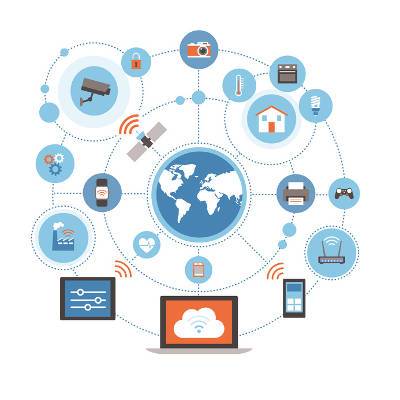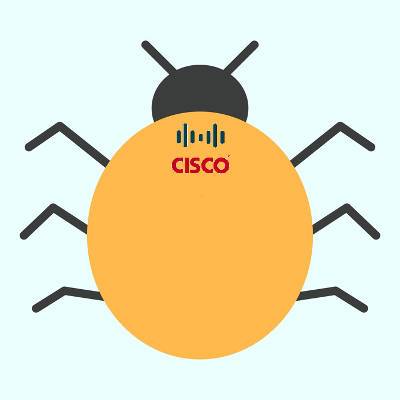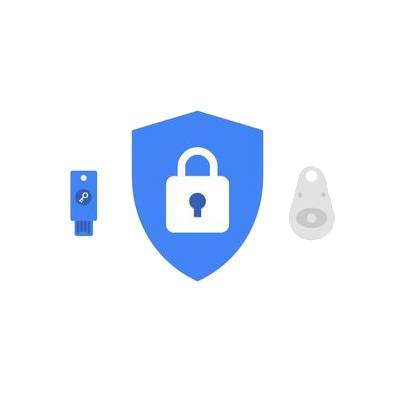Macro Systems Blog
Whatever the size of your business is, one thing is universally true: you require IT support in at least some capacity. As more technology is added to networks of all sizes and complexities, the need to manage this technology increases. Fortunately, you don’t have to go at it alone; you have third-party outsourcing at your disposal, which can save you both time and cash..
There will probably be a moment during your life where you absolutely require Wi-Fi and the only option will be a public connection. This may be problematic because a public Wi-Fi connection is far from secure for business purposes. A method to increase productivity without compromising security is needed for every business that has employees (especially employees working remotely), but what’s the best way to do it?
The Internet browser is one of the most used applications for most users on their computer or mobile device. With the flood of aggressive problems, it is very helpful to realize which Internet browser is the best for keeping your data, identity, and network safe. Let's look at the five most popular Internet browsers found on desktop and laptop computers and decide which are the most reliable.
Passwords are unavoidable these days, whether they’re required to access an online account, or access the devices utilized to open these accounts. While both types of passwords can make for ideal security conditions, this is only the case if the passwords are strong; if your passwords can be accurately guessed by someone else, can you really label it as a security measure? New research from SplashData reveal that passwords are not being considered as much as they should be.
Similar to other malware, Spyware is a problem for any business. Since your organization generates, collects, and uses considerable amounts of data, there is no lack of other businesses that want to get their hands on it. You spend significant time and money protecting your data against threats on the Internet, but what if the spyware came with the computer you just purchased?
Connectivity is one of the biggest advantages of mobile technology, but some developments have taken this aspect to wild heights. The Internet of Things is making companies rethink the conventions of connectivity in ways which had not been necessary. Unsurprisingly, the Internet of Things is forcing business owners and others to remain skeptical of connected technology to a certain degree, and a survey from Cisco highlights this trend.
The capability to vote is one of the most significant rights in the world, setting an individual's voice and opinion into action to shape history. However, it has been demonstrated that the electronic voting machines that some states in the United States use just are nowhere near secure enough to ensure that the democratic process is preserved.
A significant number of security risks come from the interior of your business. User error on the part of the employee can bring serious issuess for your workflow, data security, and the integrity of your organization. User error could be as simple as an employee clicking on the wrong links when they receive a suspicious email in their inbox, or if they are accessing data that they simply have no business accessing in the first place. There are even situations where organizations completely forget to remove employee credentials when they depart the company, resulting in a vulnerable opening in your network. The bottom line is that user error must be accounted for.
Businesses can profit from the use of personal mobile devices in the workplace, but there are also dangers in allowing mobile and Internet of Things devices to access your network. In order to reduce these risks, you need to put some limits and guidelines on the use of such devices in the workplace.
If you’ve watched the news lately, you may have seen the Equifax breach and the absurd fallout it has caused. Over 133 million personal records have been stolen. While it’s difficult not to feel individually victimized by such a breach, it’s vital to realize that it’s usually not your specific credentials targeted by cyber criminals. Since businesses often hold onto valuable information, they have large targets planted onto them. It doesn’t stop there--any vendors or partners you deal with are also in danger of cyber attacks.
In the last few months, there have been several high-profile data security breaches that led to the theft of millions upon millions of non-public information records. Though much of the focus in the aftermath of the breaches was on personal identity theft and prevention, it’s imperative to keep in mind that not all the stolen data records target individuals. Organization entities are also at risk. Vendors and partners that you do business with regularly will probably have record of your company’s non-public information, payment information, or tax ID number.
The 2016 United States presidential election was an ugly one for several reasons, including the accusation that hacked voting machines could have altered the outcome of the election significantly. Fortunately, there are steps being taken to alleviate the worries that third parties might alter the outcome of such important events.























